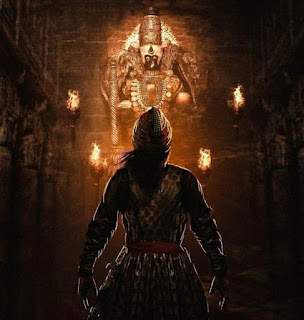Shivaji Bhosale, also known as Chhatrapati Shivaji Maharaj, was a warrior king of the Maratha Empire in India. He was born on 19 February 1630 in Shivneri Fort, near Pune in present-day Maharashtra. Shivaji Maharaj was the founder of the Maratha Empire, which eventually became the dominant power in India during the 18th century. He is widely regarded as one of the greatest military leaders in Indian history.
Chh.Shivaji Maharaj is one of the revered historical figures of Maharashtra. He created an independent and sovereign state in the Maharashtra region. In course of time, his prominence in the political sphere of Maharashtra, as a cultural icon of Marathi pride.
Chh. Shivaji Maharaj's mother, Raajmaata Jijabai was the daughter of Shri.Lakhuji Jadhavrao of Sindkhed. His father Shri.Shahajiraje Bhosale was a prominent sardar in the Deccan He worked under the local Deccan sultanates.
Shivaji Maharaj was He was raised by his mother and received his early education from his teacher, Dadoji Konddeo. Shivaji was deeply influenced by his mother's devotion to Hinduism and his teacher's teachings on the Hindu epics
At the time of Chh.Shivaji Maharaj's birth, most of the territory in Maharashtra was under the possession of the Nizamshah of Ahmednagar and the Adilshah of Bijapur who were known as the Deccan sultanates.
Shivaji Maharaj began his military career at the age of 16 when he captured the Torna Fort, which was under the control of the Bijapur Sultanate. He went on to capture other forts in the region, including Raigad, Purandar, and Sinhagad. Shivaji Maharaj also developed a navy and engaged in naval warfare with the Portuguese and British.
In 1674, Shivaji Maharaj was crowned as the Chhatrapati or king of the Maratha Empire. He then went on to expand his kingdom by capturing territories from the Mughal Empire, the Bijapur Sultanate, and the Sultanate of Golkonda. Some of the major military campaigns led by Shivaji Maharaj include the Battle of Pratapgarh (1659), the Battle of Kolhapur (1659), the Battle of Pavan Khind (1660), and the Battle of Sinhagad (1670).
Administration: Shivaji Maharaj was not only a great military leader but also an able administrator. He introduced a number of administrative reforms that helped to strengthen the Maratha Empire. Shivaji Maharaj was a proponent of Hindu nationalism and believed in the concept of swaraj or self-rule. He encouraged the use of Marathi language and literature and promoted the arts and culture of the Maratha people.
Legacy: Shivaji Maharaj died on 3 April 1680 at the age of 50. He was succeeded by his son, Sambhaji. Shivaji Maharaj's legacy as a great warrior king and an able administrator has been celebrated in Indian history and culture. He is revered as a hero and a symbol of Hindu nationalism. Many forts, statues, and monuments have been dedicated to him across India, and his life has been depicted in numerous films, books, and TV shows





